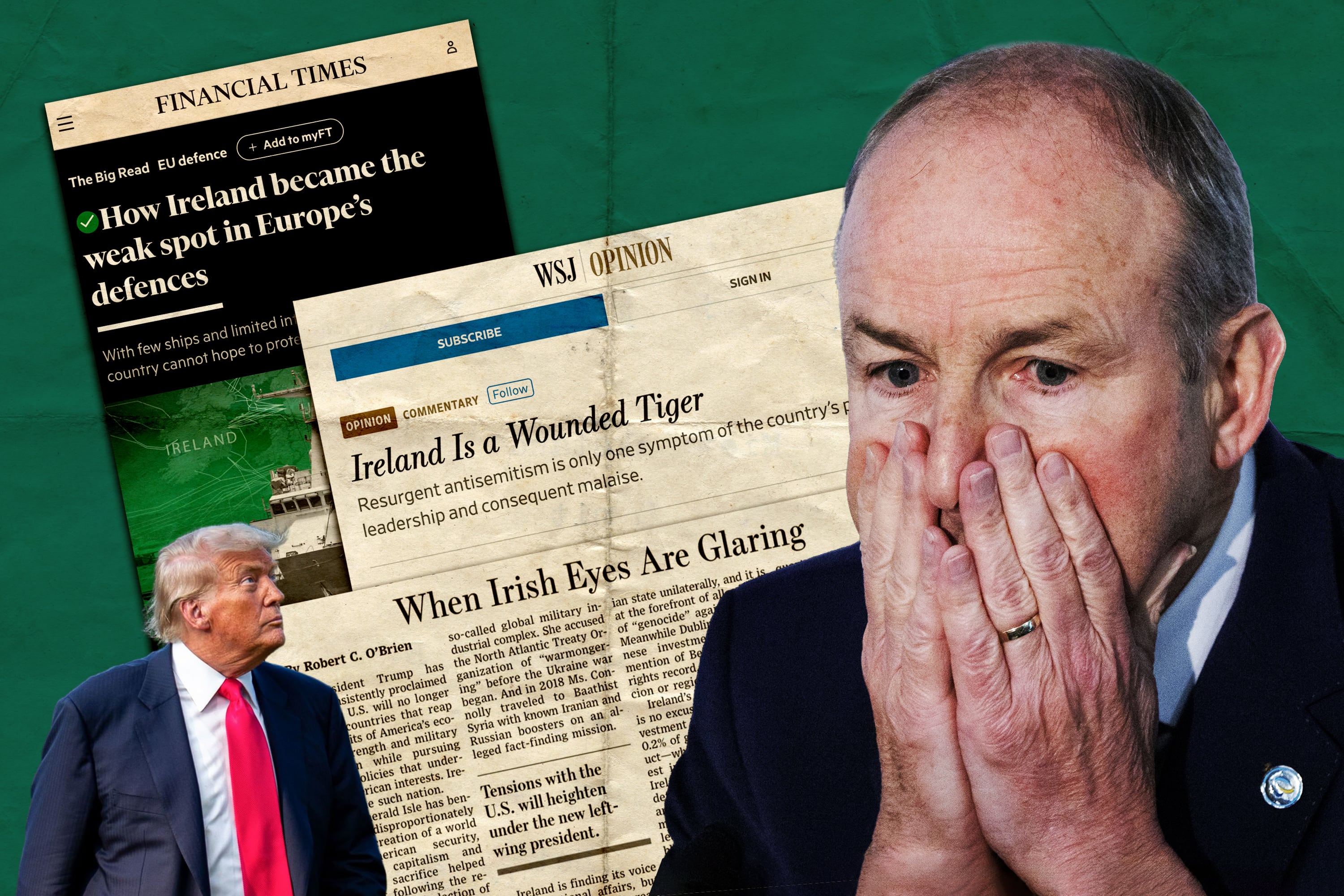Sphen, one half of a renowned same-sex penguin couple, died last month at a Sydney aquarium following a short illness. This may read as if it was the opening line to a piece of high burlesque literature, but along with his partner Magic, the gentoo penguin had charmed animal lovers around the world and become a somewhat unlikely poster child for equality.
Sphen and Magic came to global attention in 2018 after aquarium staff noticed that they were engaging in behaviours normally observed in breeding pairs. These included bowing to each other and using pebbles to build a nest together; both key elements of gentoo courtship.
By the time breeding season began, they had built the largest nest in the aquarium and were featured across the aquarium’s social media channels. Keen to ensure the couple could participate in the breeding season, staff offered them a dummy egg, which they took turns alternately incubating and guarding. When they were given a real egg, the pair successfully nursed it to birth and raised the resultant chick.
This adoption was not a one-off. Sphen and Magic, by now a viral sensation with thousands of followers, continued to exhibit the same behaviours across the next breeding season, although none of the gentoos in their colony produced a fertilised egg. In the 2020 breeding season, however, they once again began to acquire pebbles for an increasingly large nest, and when given another live egg exchanged guard, foraging, and incubation duties until a second chick joined their family.
RM Block
An earlier same-sex penguin couple, Silo and Roy, had adopted a chick as early as 1998 at Central Park Zoo. While this established penguins as an unlikely symbol of equality and acceptance, Silo and Roy didn’t quite reach the level of fame attained by Sphen and Magic.
Part of the reason is cultural: penguins are simply more popular today than in the 1990s, when they had villainous roles in both Batman Returns and The Wrong Trousers. The mid-2000s saw a wealth of penguin films, from Oscar-winning documentary March of the Penguins, Happy Feet and Surf’s Up to a scene-stealing supporting role in Madagascar.
Other reasons are social. When I started primary school, homosexuality was still criminalised in the State. By the time I was in my 30s, the taoiseach was openly gay and same-sex marriage was legal. This remarkable turnaround reflects the significant efforts that equality campaigners have expended over the intervening decades, and a global, well-organised movement toward recognition of equal rights in love that understand the power of symbology, idealism, relatable content and sharing ideas.
The internet, with its love of sharing cute and anthropomorphic animals, has also played a significant role. Some of the earliest internet memes were animal-based, especially cats and dogs. Sloths have had their 15 minutes of fame, though they look set to be eclipsed by capybaras in the near future. Penguins, which are popular, cute and exhibit some anthropomorphic behaviours, have also benefited from being easily converted to memes.
On first impressions, penguins do actually seem relatable to humans in a way that few other animals can match. They tend to share parenting duties, are monogamous, happily adopt chicks and have elaborate mating behaviours that include scouring the shore for a perfect pebble with which to impress their mate.
If their mate dies or disappears, many species will go searching for them and exhibit concerned behaviours such as plaintive crying sounds. When Sphen died, aquarium staff took Magic to see his body; Magic sang a lament that was joined by the rest of the gentoo colony.
It’s easy to see the appeal of using same-sex animal couples to refute the tired fallacy that homosexuality is unnatural. However, a closer look at animal behaviour tends to undermine those first impressions. Many penguin species are monogamous only within a single breeding season and quickly shack up with a new partner. Often, penguin adoption appears much closer to what we would consider kidnapping. And the less said about otters, the better.
[ Otters: Scientists on trail of the elusive and charismatic mammalOpens in new window ]
Of course, humans are not always moral. But we are, generally speaking, capable of understanding morality and operating within an ethical framework. It’s certainly enjoyable to see a couple of gay penguins go through the highs and lows of life together. But it would be wrong to expect penguins who kidnap chicks to understand the morality of their actions, much less face justice, just as it is wrong to expect animals to show us how to live, no matter how cute they are. That responsibility is ours alone.
Stuart Mathieson is research manager at InterTradeIreland
- Sign up for push alerts and have the best news, analysis and comment delivered directly to your phone
- Join The Irish Times on WhatsApp and stay up to date
- Listen to our Inside Politics podcast for the best political chat and analysis

















